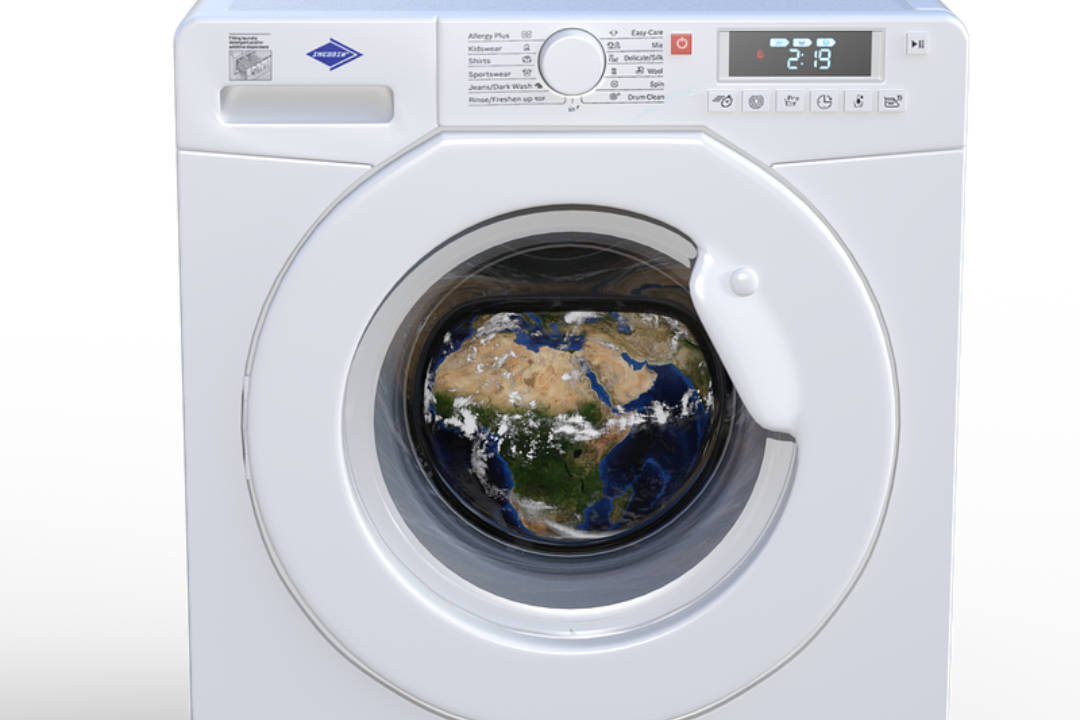On Thursday, the appliances and consumer electronics sector urged the government to expand the production-linked incentive (PLI) scheme to include key products such as compressors and motors. Additionally, the industry has called for tax and tariff rationalization to improve the competitiveness of domestic manufacturers in the global market, according to the Consumer Electronics & Appliances Manufacturers Association (CEAMA).
CEAMA President Sunil Vachani emphasized the need for tax reductions and tariff cuts to help manufacturers remain competitive. “We have a large manufacturing base, and our aim should be to produce for the global market,” he said.
Vachani also proposed the establishment of large centres of excellence along coastal areas to provide MSMEs with plug-and-play facilities and attractive land rates for large corporations. This initiative, he believes, will boost export competitiveness.
The industry body also requested more time for manufacturers to comply with the Quality Control Order (QCO) and Bureau of Indian Standards (BIS) regulations, citing that a gradual implementation timeline would ease the process. Vachani highlighted the success of the current PLI scheme, which has fostered the creation of a component ecosystem for air conditioners and white goods. He pointed out that 66 companies have already invested nearly INR 7,000 crore, with value addition in the sector increasing from 18-20% to 60%. He is optimistic that value addition will reach 75% in the near future and advocated for a second round of PLI targeting high-value components like compressors and motors, where investment potential is higher.
“We believe that with the second phase of PLI, the industry could achieve nearly 95% value addition within two years,” Vachani asserted.
State Minister of Electronics and IT, Jitin Prasada, who attended the event, expressed his commitment to addressing these concerns with the relevant ministries. He also referenced a JP Morgan report predicting that by 2025, one in every four Apple iPhones will be made in India.
Prasada noted that India is on track to become the third-largest consumer electronics market by 2025, after the US and China, driven by strong economic growth and supportive government policies. He also highlighted the expanding middle class and increasing demand for consumer electronics.








